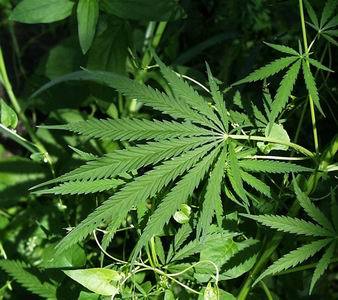
ST LOUIS — Colorado and Washington may have voted to legalise recreational marijuana, but it is far from a green light for banks to provide accounts or other services to the pot industry in those states.
Report by Reuters
Financial institutions across the country still face legal risks if they do business with marijuana shops because pot remains illegal under federal law.
“If financial institutions are federally licensed or insured, they must comply with federal regulations, and those regulations are clear about conducting financial transactions with money generated by the sale of narcotics,” said Jim Dowling, a former Internal Revenue Service special agent who also acted as an anti-money laundering advisor to the Office of National Drug Control Policy.
The ballot measures on Tuesday made Colorado and Washington the first states to permit recreational marijuana sale and use. Medical-marijuana laws have been around in some states for more than a decade.
California was the first state to legalise medical marijuana in 1996. With the addition of Massachusetts, which passed a medical-marijuana ballot initiative on Tuesday, 18 states and the District of Columbia now have such laws on their books.
The medical marijuana business was worth US$1,7 billion in 2011 and growing, according to a study by financial-analysis firm See Change Strategy.
The federal government does not recognise states’ authority to legalise marijuana under any circumstances, however. It has targeted some medical-pot businesses for violations of the 40-year-old Controlled Substances Act, which classifies the drug a Schedule 1 narcotic, meaning it is considered addictive and with no medical value.
- Chamisa under fire over US$120K donation
- Mavhunga puts DeMbare into Chibuku quarterfinals
- Pension funds bet on Cabora Bassa oilfields
- Councils defy govt fire tender directive
Keep Reading
The Justice Department on Wednesday said its marijuana enforcement policies remained unchanged. “We are reviewing the ballot initiatives and have no additional comment at this time,” its public statement said.
A Justice Department spokeswoman did not respond to a request for additional comment related to banking activity.
Under President Barack Obama, federal authorities have focused enforcement efforts on large commercial medical marijuana operations that generate a lot of money. In some cases, federal money-laundering and forfeiture laws have been used against such businesses.
The US Drug Enforcement Administration (DEA) began warning banks and credit card companies away from medical marijuana businesses four years ago, and many, if not all, have responded by closing the businesses’ accounts. Even small regional banks that once publicly embraced the industry have abandoned it.











